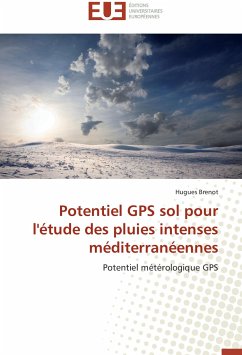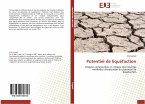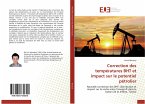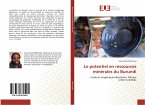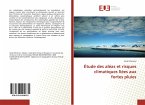The Cévennes-Vivarais and the surrounding area up to the Mediterranean has been chosen by the OHM-CV (Mediterranean Hydrometeorological Observatory of the Cévennes-Vivarais) for the frequence of the intense rainfalls that affect this area. Since 2002, autumnal campaigns of GPS measurements have taken place there to try to improve our understanding of the tropospheric water vapour field which is associated with strong rainfalls. GPS meteorological observations are Zenith Total tropospheric Delay and gradients of delays. For the analysis of GPS observations of permanent and temporary networks of the OHM-CV region, an optimal configuration has been researched considering different sensitivity tests. In order to prepare the assimilation of the GPS observations via a Météo-France mesoscale data assimilation system (ALADIN and AROME Météo-France's future operational model), GPS observations (ZTD, STD and gradients) simulators have been implemented in a non-hydrostatic high resolution model called Méso-NH. The digital laboratory Méso-NH, has been an effective means of quantifying the sensitivity of delays simulations at different formulations of atmospheric refractivity.
Bitte wählen Sie Ihr Anliegen aus.
Rechnungen
Retourenschein anfordern
Bestellstatus
Storno

